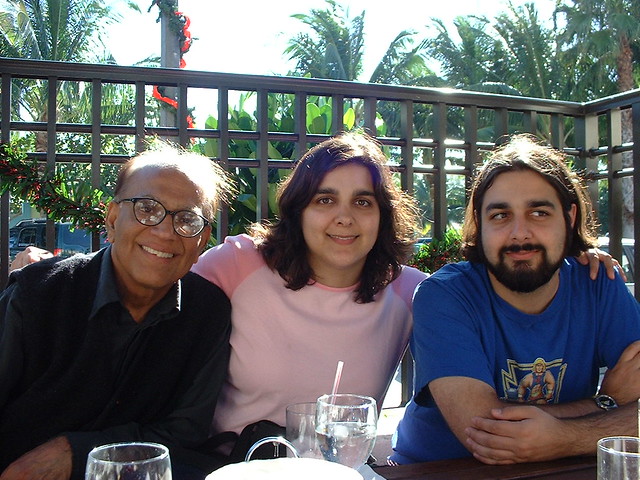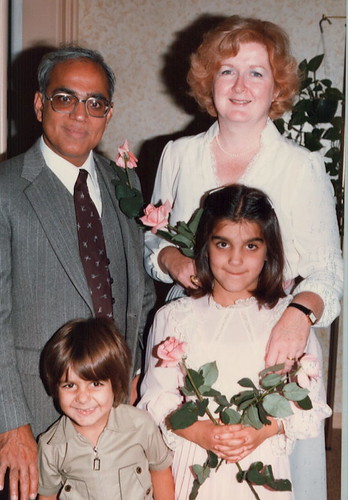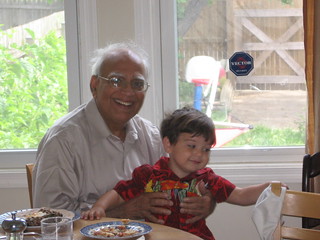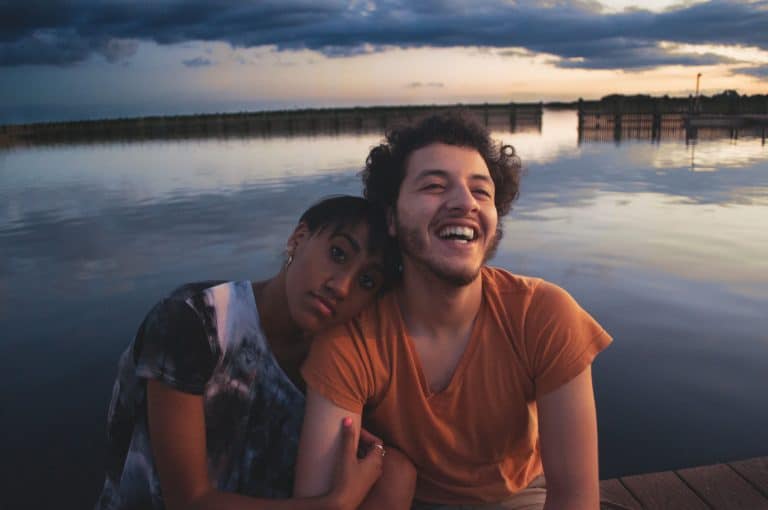How I Am Preparing to Get Alzheimer’s Disease

My father has Alzheimer’s disease. I am losing him in inches and pieces. It hurts. He is my hero and my mentor, and now I help him remember how to put on his clothes every morning.
My father has Alzheimer’s disease. There is a powerful genetic component to the disease, and I share a lot of my father’s risk factors, including bad triglycerides, a viral infection, and elevated cholesterol unaffected by diet. The odds are frighteningly high that I will someday get Alzheimer’s too. In 25 or 30 years, when it comes for me, maybe there will be a cure — but I can’t count on that.
My dad taught me how to learn from everything I see, no matter how hard it was. He was a professor of Human Anatomy and Physiology, and told me once that he was present when his mother died. He held her hand and told her how much he loved her. As she died, he catalogued her body’s shutdown, comparing it to what he’d read — because he was a scientist.
 And so, now, I am learning from my father. It’s what he taught me to do. And what he’s teaching me now — his last lesson for me — is what it means to live with Alzheimer’s, and by extension, what I can do to get ready.
And so, now, I am learning from my father. It’s what he taught me to do. And what he’s teaching me now — his last lesson for me — is what it means to live with Alzheimer’s, and by extension, what I can do to get ready.
First, I am getting new hobbies. My dad is an intellectual. All his hobbies were brain hobbies — reading, chess, poker, bridge. Now he can’t follow them. He recognizes his beloved chess pieces, but he doesn’t remember how to play. Reading is too slow and too hard to be enjoyable, and he can’t play cards at all. He has no way to keep busy. So I’m learning hobbies that use my hands. I spend more time drawing, and I’m learning to knit. I want to teach my hands, so that when my mind can’t do it, my fingers still can.
Second, I’m living my life as fully as possible. Dad got knocked out of his game too soon, but he had achieved enough for a long, long life. The work he loved, and the impact he had on his students — it was more than most people do in their lives. His contribution to our world does not fall short, even if he ran out of time. I am trying to do the same thing — to give as much as I can to the people around me, to work and think and create and contribute as much as I possibly can, in case my time ends early.
The most important thing I’ve learned from my father: love. My father built his life around the people he cared about. Me, my mom, and my brother were the center of his world. For his birthday, he’d tell us to get things for ourselves because he liked seeing us happy — and he actually meant it. But we weren’t the only ones he loved. He loved the students he taught, he loved his friends, and he loved our extended family — both his own and my mother’s.
 Now, with so little left of him, my father still has his love. Seeing his wife, his children, and his grandson brings him joy. He can sit just watching my son read a book. Simply living with his family, my dad can find happiness.
Now, with so little left of him, my father still has his love. Seeing his wife, his children, and his grandson brings him joy. He can sit just watching my son read a book. Simply living with his family, my dad can find happiness.
The people he cared about through his life still remember my father. We get postcards, letters, the occasional package. And he is still finding new people to care about; he hasn’t lost his love for people. He likes it when we have guests over. He still flirts with all my female friends. He loves his aide and the omelets she makes him every morning.
I have never loved people like my dad did. He had patience and affection for everyone — for people who told boring stories repeatedly, for people I thought were stupid, for people who were afraid of everything, for people totally full of themselves or so shy they could hardly talk. Dad loved people I could barely stand to talk to. He used to ask me to show patience, tolerance, compassion — and I’d promise to try — with no real sincerity.
So now I am trying to learn my biggest lesson from my dad, the lesson I am trying to live every single day. I’m finding people to love; I’m finding things to love in people. I am trying to love people like my dad always did. I am building my capacity for love now, so it can sustain me later.
And if, in the end, like my father, there is nothing left of me but my love, that won’t be a tragedy. It will be my victory.
 Alanna Shaikh writes about international development and global health issues. We follow her at Blood and Milk and on Twitter; this tweet prompted us to reach out to her.
Alanna Shaikh writes about international development and global health issues. We follow her at Blood and Milk and on Twitter; this tweet prompted us to reach out to her.
